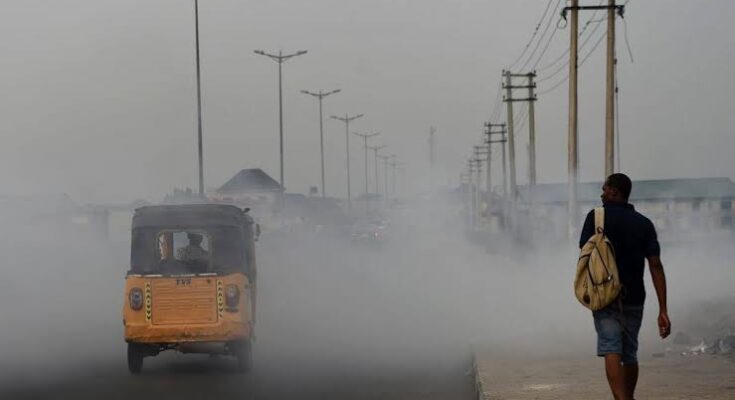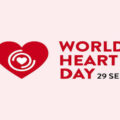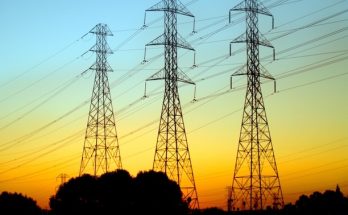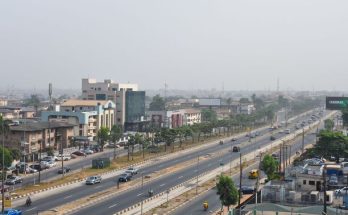By Bababunmi Agbebi
Edited by Ezennia Uche
Air pollution is the fourth leading cause of death worldwide, claiming around 13 lives every minute, and Lagos is among the cities at greatest risk. In Nigeria’s commercial capital, levels of fine particulate matter (PM2.5) regularly exceed World Health Organization (WHO) safety limits, putting millions—especially children, the elderly, and those with health conditions at daily risk.
PM2.5 particles, less than 2.5 microns in diameter, are invisible yet deadly. They penetrate deep into the lungs, enter the bloodstream, and are linked to respiratory infections, cardiovascular disease, stroke, and cancer. According to WHO Director-General Dr. Tedros Adhanom Ghebreyesus, “Air pollution is the new tobacco. The simple act of breathing is killing 7 million people a year and harming billions more.”
The main sources in Lagos include vehicle emissions, diesel generators, industrial processes, waste burning, and domestic cooking with solid fuels. With over 20 million residents and unrelenting human activity, the city faces a public health emergency that threatens its future sustainability.
Authorities are responding. The Lagos State Environmental Protection Agency (LASEPA) has launched locally manufactured air quality monitoring sensors, providing real-time data across the state. These sensors identify pollution hotspots, support evidence-based policies, and empower citizens with transparent information. “Data is the oxygen of action,” notes climate leader Christiana Figueres.
Experts stress that solutions must be multifaceted: investing in clean public transport, transitioning to renewable energy, enforcing stricter emission standards, and improving waste management, including banning open refuse burning. Civil society, private industry, and individuals all have roles to play.
Residents can contribute by using public transport, limiting generator use, planting trees, demanding accountability from polluters, and spreading awareness of air pollution’s health impacts. Environmental advocates argue that clean air must be treated as a right, not a privilege. “Environmental justice is social justice,” says Ibrahim Thiaw of the UN.
Though invisible, PM2.5 is choking Lagos. Addressing it requires urgent, collective action to safeguard the health of millions and secure the city’s livability for the future.








